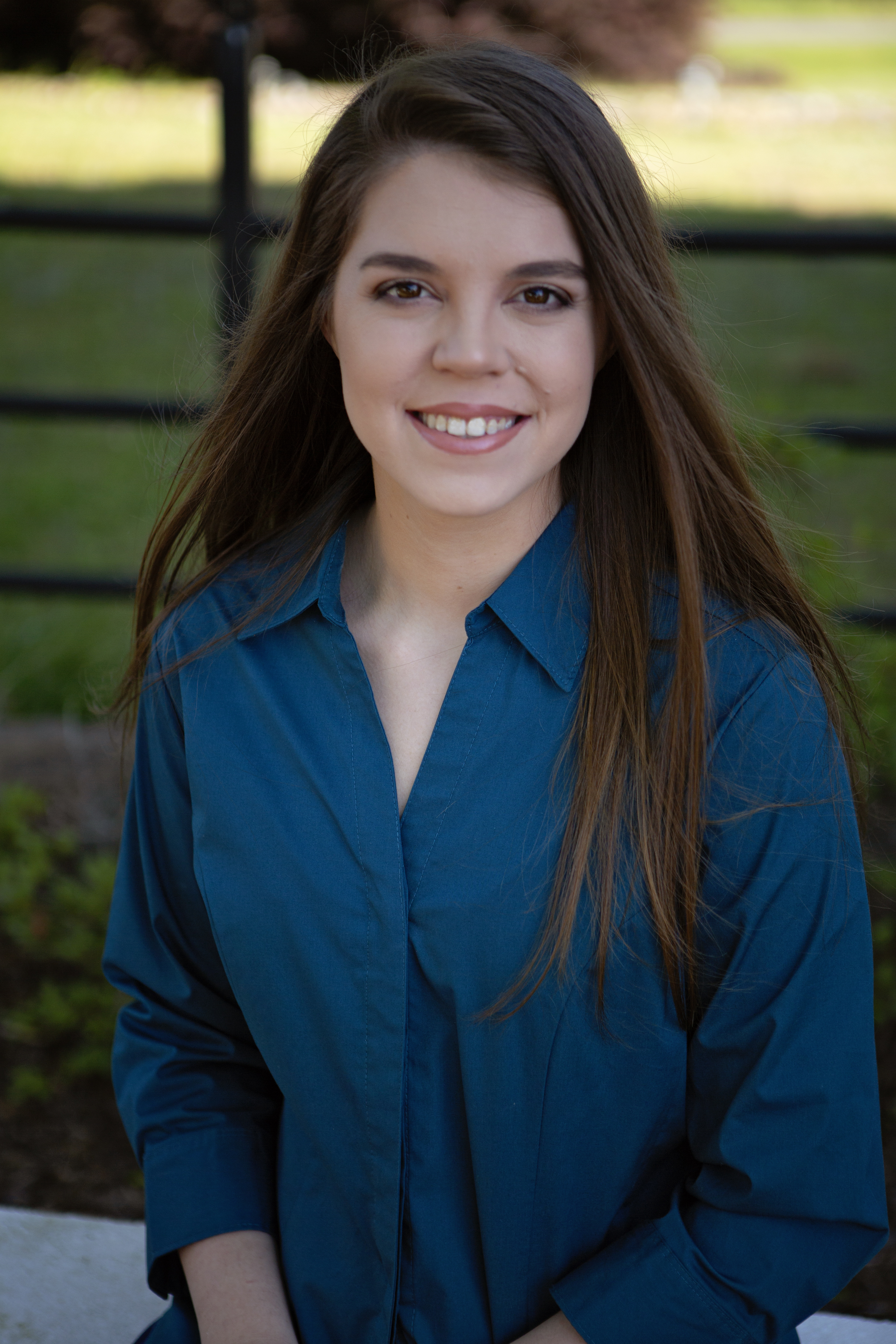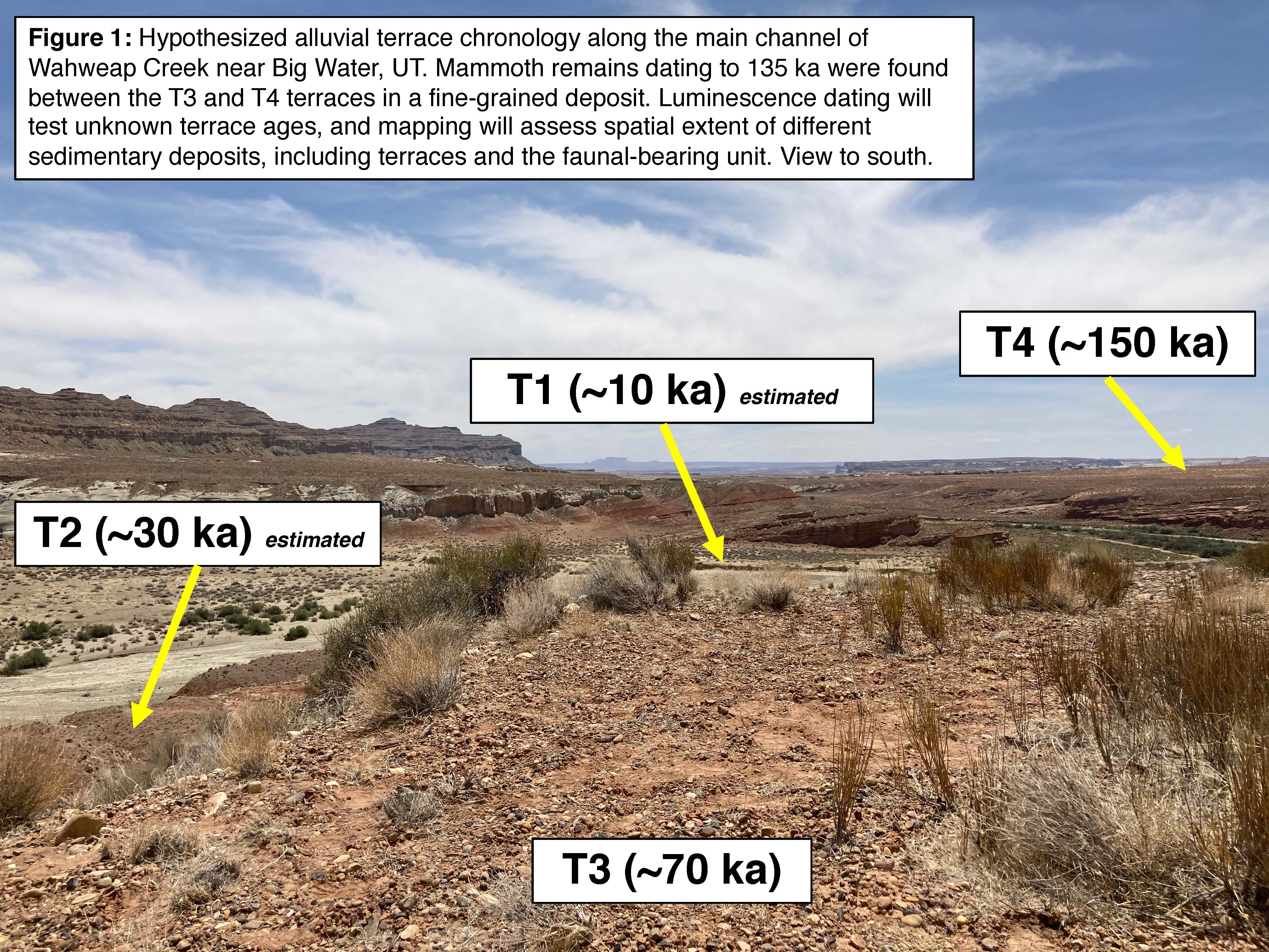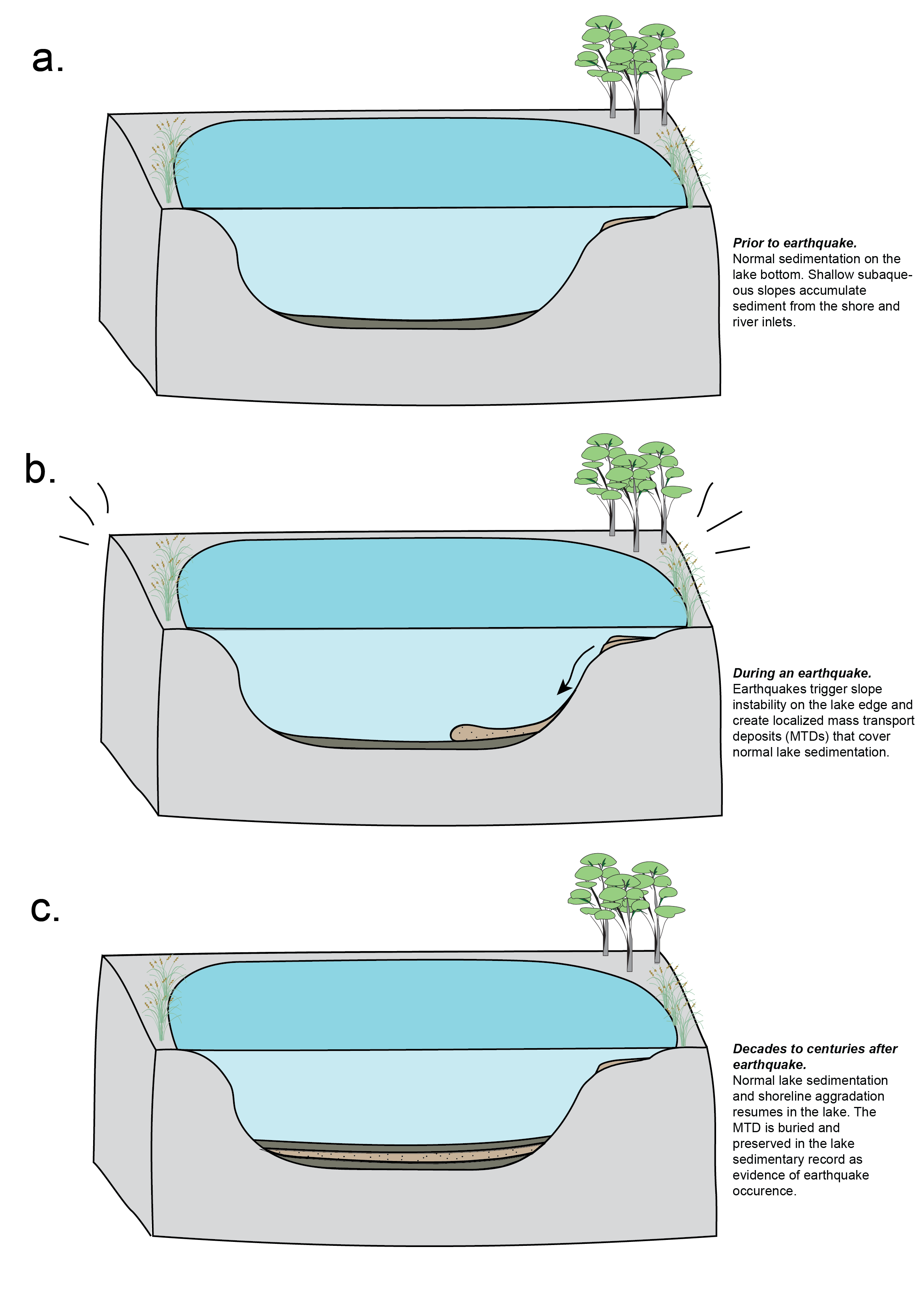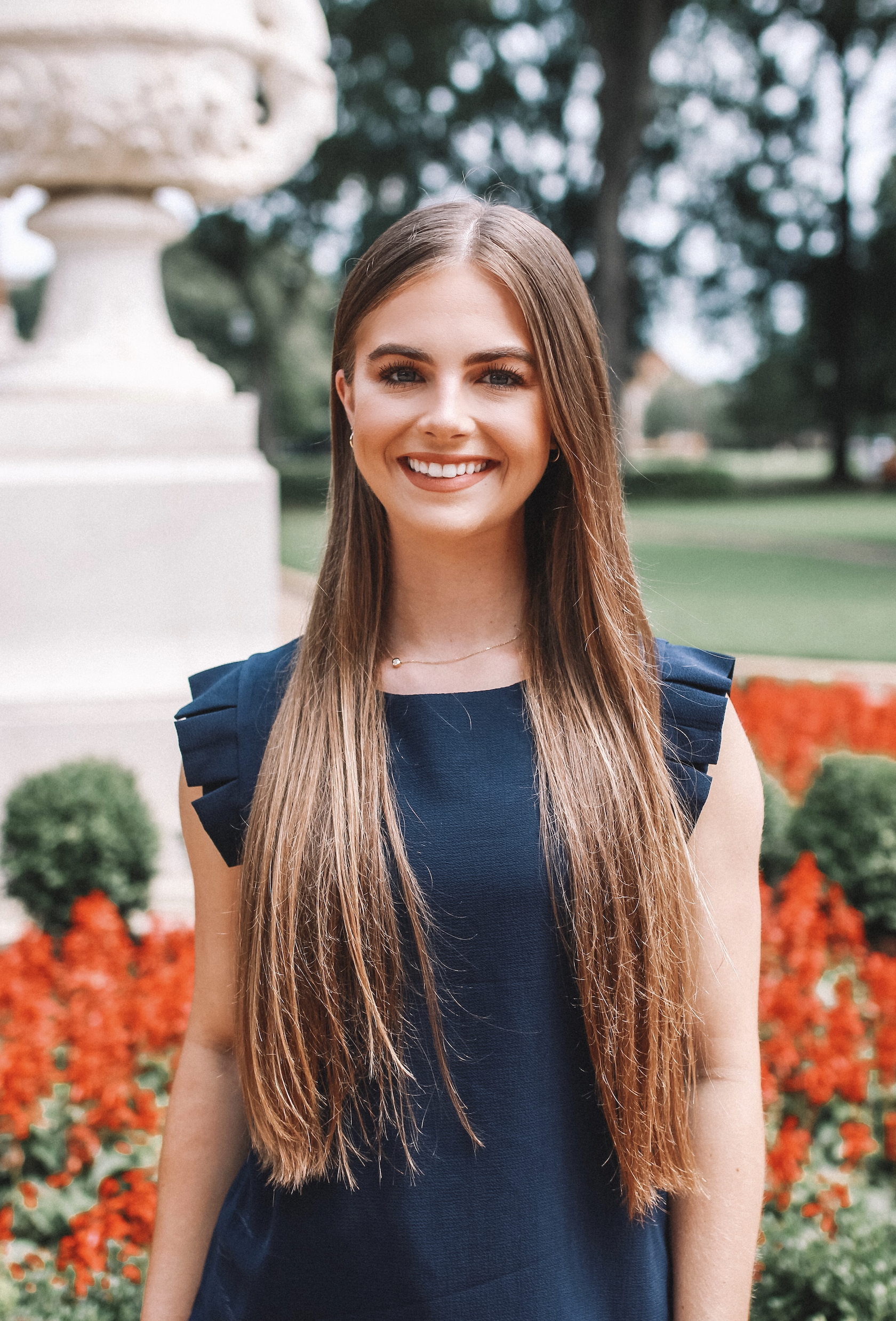Category : Students, Foundation
Posted : Friday, February 25, 2022
Edited By : Rebekah Grmela
Wednesday, March 16, 2022
Science Student Spotlight: February 2022 Edition
Rebekah Grmela
Welcome back to this month's Science Student Spotlights! Throughout the year, we'll be featuring the science and work of some of our best and brightest SEPM Student Members, including some of our SEPM Foundation Research Grant awardees.
Check out some of this month's featured student work:
 | Name: Katelyn Giles
School: The University of Memphis
Research Statement: Investigating alongshore sediment transport and mixing in the northeastern Gulf of Mexico using detrital zircon U-Pb geochronology
Summary: For my thesis, I am investigating alongshore sediment transport and mixing in the northern Gulf of Mexico using detrital zircon U-Pb geochronology. A comparison of my results to Iizuka et al. (2005) collaborates the age population presence for samples collected along the Mississippi River but differs from Blum et al.(2017) Apalachicola River sample. Since there are differences in the age spectra, I hypothesize that sediment from river inputs (Mississippi, Mobile, and Apalachicola) will define the detrital zircon U-Pb age spectra of alongshore deposits until the next river input system, where local mixing will occur.
|
 | Name: Noah Slade
School: Utah State University
Research Statement: The Sedimentologyof Wahweap Creek and its Tributaries: Linking Mammoths, Climate, and Incisions Records in Southern Utah 
|
 | Name: Jessica DePaolis
School: Virginia Polytechnic Institute
Research Statement: Investigating the earthquake rupture history of the Cascadia subduction zone using coastal lacustrine diatoms, Lake Ozette, Washington, USA
Summary: Lake Ozette, located on the coastal rim of the Olympic Peninsula in Washington State, contains lithostratigraphic evidence of a series of subaqueous mass transport deposits (MTDs) triggered by Holocene great earthquakes along the CSZ. Microfossils sensitive to environmental changes, such as diatoms, are often preserved within low-energy coastal lake sediments and may help differentiate the lithologic signature of seismically-triggered MTDs and non-seismic processes such as fluvial runoff events.
 |
 | Name: Samuel Shekut
School: University of British Columbia
Research Statement: The Altiplano - How tectonics and climate shape our environment  |
 | Name: Stephanie White
School: Baylor University
Research Statement: Paleoecological Response to Extrinsic Mechanisms During the Pennsylvanian-Permian Transition, Paradox Basin, SE Utah 
|
|
|
Want to get to know more about our research grant awardees? Learn more here.















